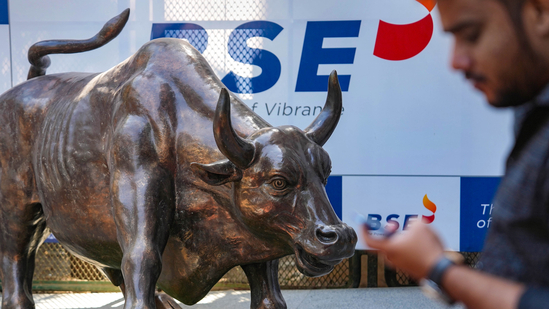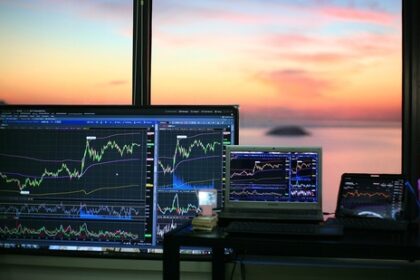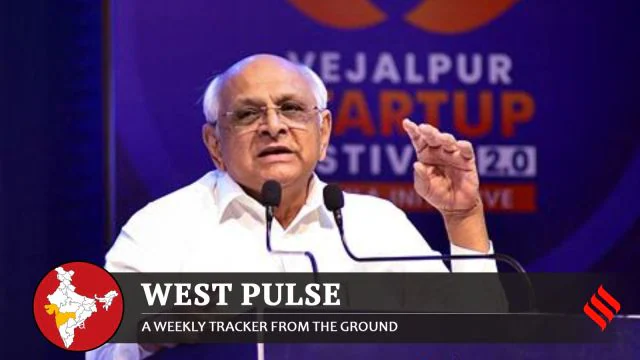Global stock markets plummeted with a severe plunge as the mounting trade tensions precipitated universal panic among investors. Key indexes throughout Asia and elsewhere saw sudden falls, boosting fear over the general economic prognosis on a worldwide level.
In Asia, Japan’s stock market was hit the hardest, with the Nikkei 225 dropping almost 9%—its biggest decline in recent history. The broader Topix index followed with an equally precipitous drop. The selling was so intense that trading in some Japanese futures was temporarily suspended after circuit breakers were activated to limit the volatility.
Other parts of the region were shaken too. The Hong Kong Hang Seng index experienced a record plunge, its worst performance in more than a decade. South Korea’s Kospi index and Taiwan’s TAIEX posted significant losses, respectively dropping by about 5–10%. The steep decline across these markets is indicative of the additional sensitivity to global economic risks and geopolitical tensions.
India’s bourses were not immune. The Nifty 50 started with a steep 5% drop, falling below the 21,800 level. The Sensex followed the decline, dipping more than 3,900 points in initial trade. The overall mood of Indian equities went bearish as the investor community responded to the lead given by international markets, choosing risk-off positions and withdrawing funds from equities.
This sell-off wave was mainly fueled by concerns that continuous trade tensions globally may cause long-lasting economic harm. Investors fear that mounting tariffs and tensions between major economies may shake supply chains, halt global trade, and eventually affect company profits across the globe.
Market analysts pointed out that although corrections are part of the natural cycle of markets, the recent fall seems more emotionally triggered, driven by global uncertainty and not domestic economic weakness. Even with solid fundamentals in some economies, the prevailing global sentiment created a domino effect in markets.
As the dust settles, policymakers’ reactions are being closely monitored by traders and analysts. Most are hoping for diplomatic solutions or economic measures of support to calm sentiment and avoid a deeper global slump. Meanwhile, investors are likely to remain on guard, with safe-haven assets set to receive more attention in the coming days.
The weeks ahead will tell us if it is a transient market correction or the start of an extended duration of volatility. Until then, markets are under stress as doubt still heavily assails investor optimism.






